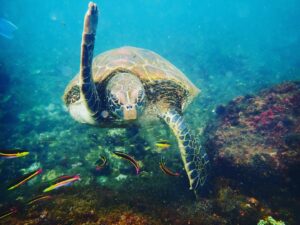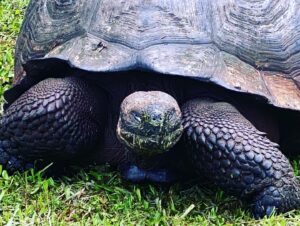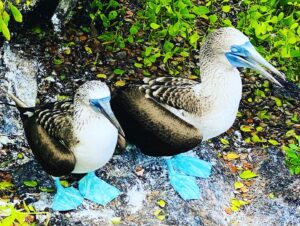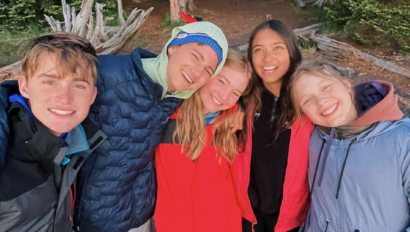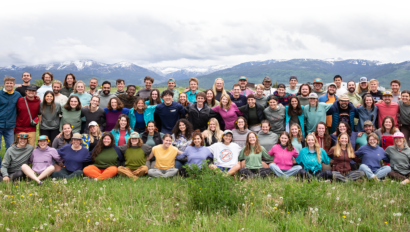
Wilderness Adventures
A Lesson From the Galapagos: Protecting and Preserving the Earth
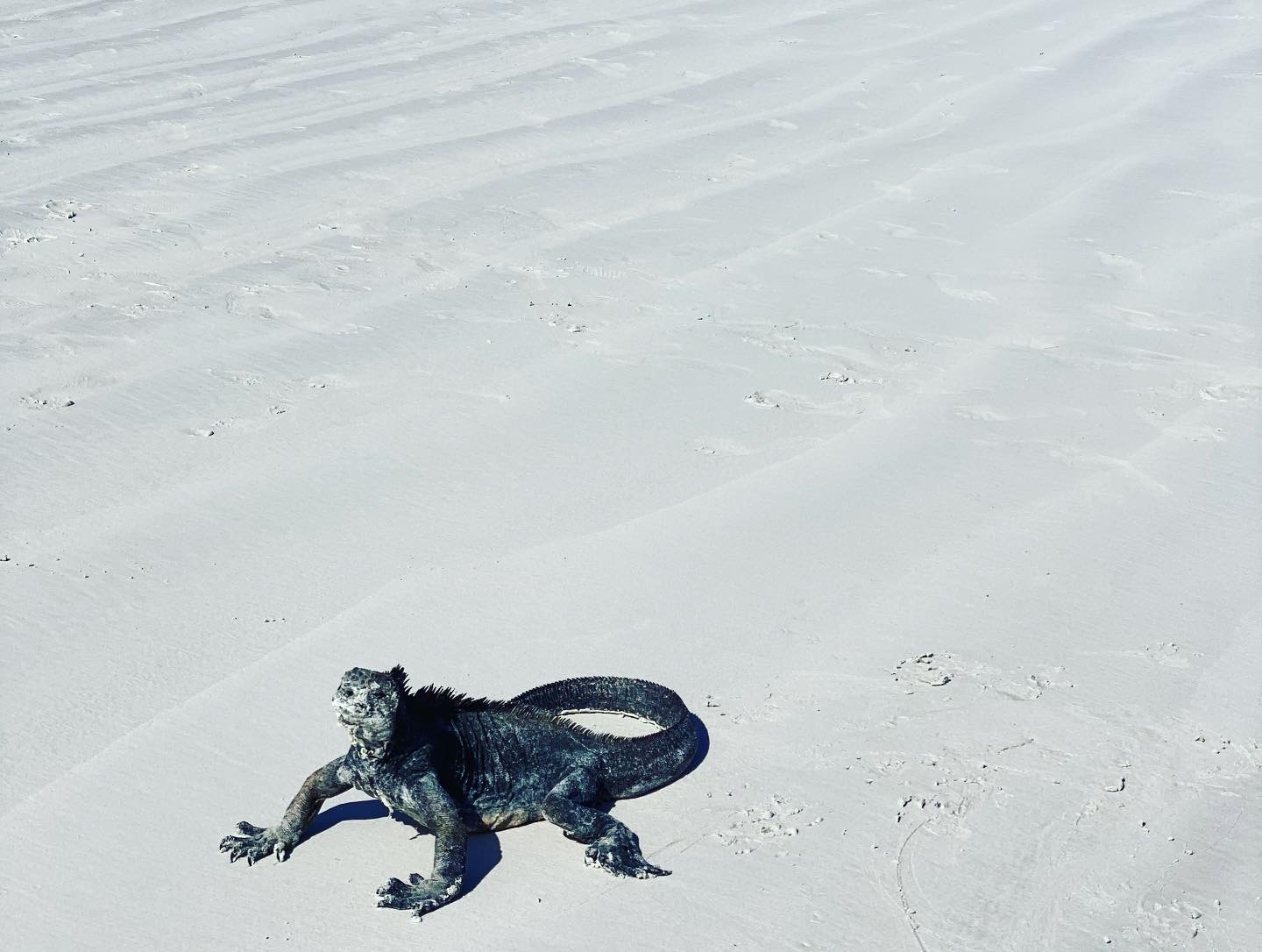
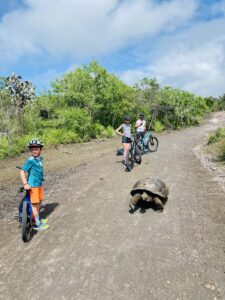
We are greeted by filtered water stations, land iguanas and tour guides who describe the pristine nature of this extraordinary place. As we move our bags to the bus, you immediately can feel that priorities are different here. The natural environment first. Humans and all their baggage (both literally and figuratively) second.
Living in the greater Yellowstone ecosystem, my family is aware of the wild place we live, and we all talk often about the respect we must have for our natural world. Elk frequent our backyard. Bears wander through our neighborhood. Bald eagles often line the commute to my children’s school. And bison are a frequent source of humor as they make for a wildly entertaining traffic jam that few get to experience.
However, here, in the US, it is evident that we come first. And, at least in the greater Yellowstone ecosystem, while our earth ranks high on priorities, it is grossly evident that we are loving her to death.
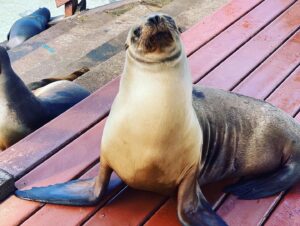
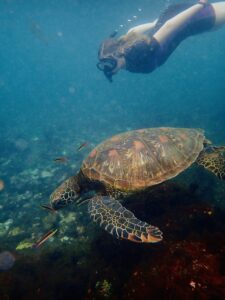
In the Galapagos, a greater harmony is sought (and it is one reason we love adventuring there with WA students). One that we envied and we quickly realized that we were intruding their backyard, rather than them being wild in ours. How is this evidenced? I hung a wet shirt on a tree in the national park and a national park guide quickly came to me and asked me to not impact any of the living beings in the area, and she kindly pointed to an alternative spot for me to use. I also saw a man getting way too close to a wild animal for a picture, and another guide came up and kindly asked him to step away from the animal.
Those guides and locals in the Galapagos said they were not doing anything unique or extraordinary, they were just protecting and preserving, and lifting up, that which they love and value most: their Earth.
At WA, we often think about the world that some of those young tortoises (and young humans!) will be living in 50, 100, and 150 years from now. What will it be like? It is our hope that they will continue to roam in a place that is wild, and one where all plants and animals live in harmony on this wild and amazing planet.
This Earth Day, do something wild, and I encourage all of us to think about the work we all are doing to preserve and protect the planet we call home.
